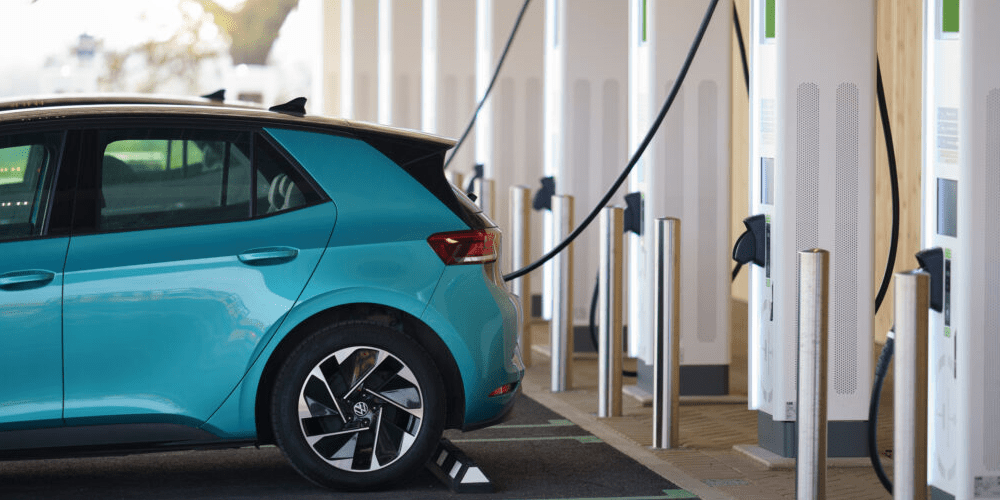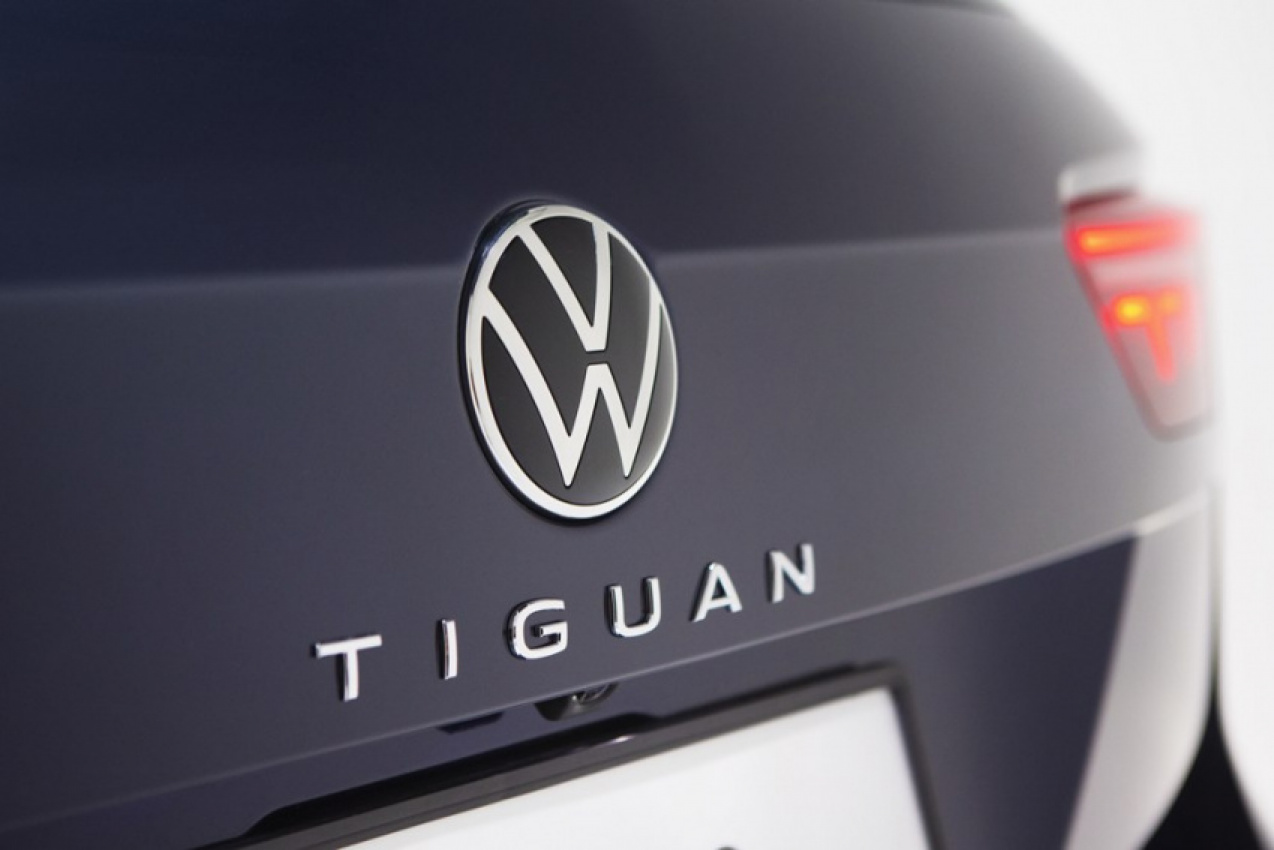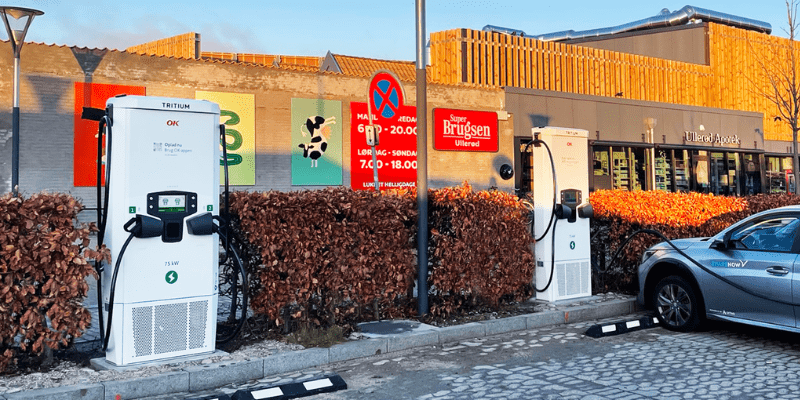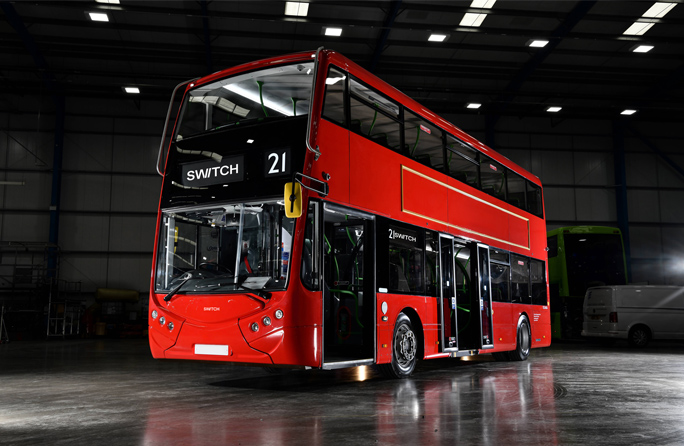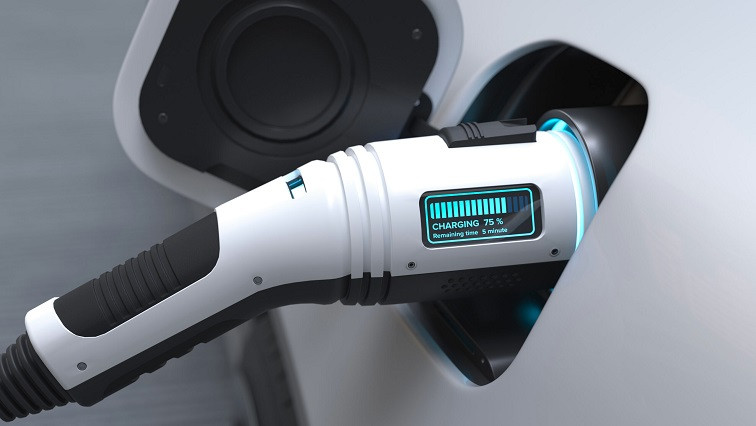New Jersey Governor Phil Murphy has revealed a series of ambitious climate goals aimed at achieving 100% clean energy usage by 2035. The plan comprises six “pillars” with a focus on transitioning the state’s transportation network to clean energy by 2035, which includes the adoption of a zero-emission vehicle rule for all new cars and light-duty trucks sold by 2035. Other measures include the installation of zero-carbon-emission space heating and cooling systems in 400,000 homes and 20,000 businesses and a partnership with utilities and key stakeholders to plan for the future of the natural gas utility in the state.
The plan also allocates $70 million from the Regional Greenhouse Gas Initiative to lower the cost of purchasing electric vehicles. Additionally, the governor has proposed enhanced flood protection measures for homes and businesses in riverine and coastal areas.
The move to zero-emission vehicles is a contentious issue in the United States, with some conservatives using misinformation to oppose environmental efforts. However, Governor Murphy has clarified that his plan does not involve forcing anyone to replace their gas stove or take any other action against their will.
To achieve these goals, the plan calls for the production of 11,000 MW of offshore wind power by 2040. While the governor did not specify what he meant by “clean” energy, the plan is expected to reduce greenhouse gas emissions and mitigate the impacts of climate change in New Jersey.

